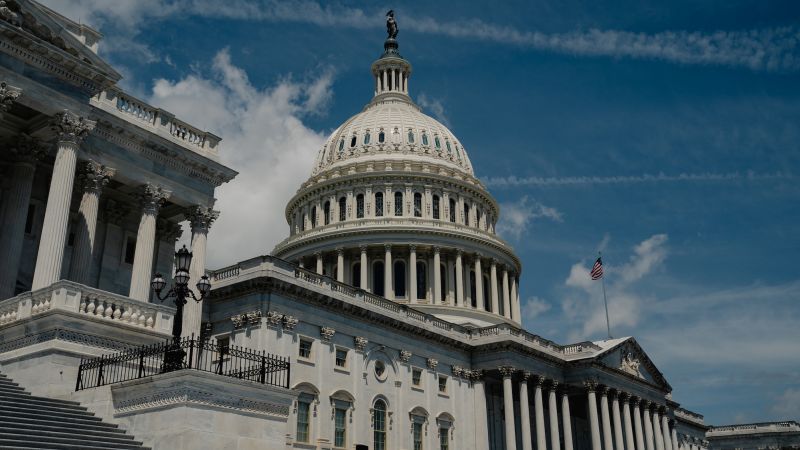Key takeaways:
- The U.S. government is set to reach its statutory debt limit on Thursday, prompting the Treasury Department to take “extraordinary measures” to pay the bills.
- The current debt limit showdown could define the tenure of the new GOP majority and the final two years of President Joe Biden’s term.
- It is now up to Congress to act in a timely manner to increase or suspend the debt limit in order to prevent default and protect the U.S. economy.
The U.S. government is set to reach its statutory debt limit on Thursday, prompting the Treasury Department to take “extraordinary measures” to pay the bills. This comes as Republicans are demanding significant spending cuts in exchange for allowing the government to borrow more money.
In a letter to congressional leaders, Treasury Secretary Janet Yellen said that these special financial tools can extend until “early June” and that Congress will need to act to prevent default. If the standoff lasts until a drop-dead date in the summer, it could trigger a financial and stock market cataclysm and crash the retirement savings of millions.
“Failure to meet the government’s obligations would cause irreparable harm to the U.S. economy, the livelihoods of all Americans, and global financial stability,” Yellen said. “Yet the use of extraordinary measures enables the government to meet its obligations for only a limited amount of time. It is therefore critical that Congress act in a timely manner to increase or suspend the debt limit.”
The current debt limit showdown could define the tenure of the new GOP majority and the final two years of President Joe Biden’s term. The U.S. government has raised the debt limit 78 times since 1960, and the current debt limit has been in place since 2019.
The Treasury Department has already begun to take “extraordinary measures” to pay the bills, but it is unclear how long these measures will last. It is now up to Congress to act in a timely manner to increase or suspend the debt limit in order to prevent default and protect the U.S. economy.





Be First to Comment